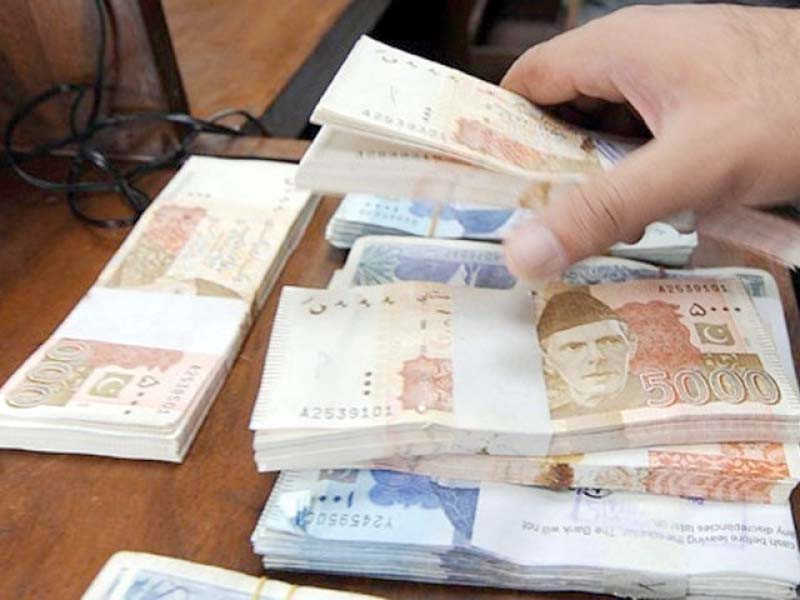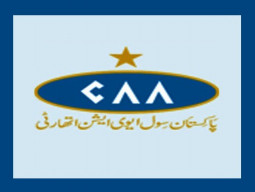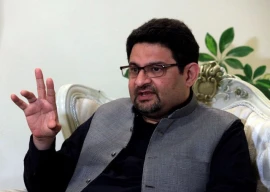
Pakistan on Tuesday approved a supplementary grant of Rs27 billion to avert a looming default on account of diesel purchase payments to Kuwait --- a move that might create problems in other areas because of the country's efforts to keep the overall expenses within the limits agreed with the International Monetary Fund (IMF).
The Economic Coordination Committee (ECC) of the cabinet, which approved the supplementary grant to settle the diesel payments, also sanctioned another Rs2.9 billion to partly offset the wheat shortage in the Gilgit-Baltistan region.
The two decisions by the cabinet body show the extreme economic difficulties that the government is facing in avoiding a default in one area but ending up creating troubles in others.
Sources in the finance ministry said there were verbal instructions to the accountant general of Pakistan revenue (AGPR) to delay the clearance of some non-salary bills for a few weeks to create fiscal space.
A finance ministry handout read that the Petroleum Division had submitted to the ECC a summary on the credit facility extended by the Kuwait Petroleum Corporation (KPC) against the supply of diesel under a contract with the Pakistan State Oil (PSO) since 2000.
It added that the term contract was extended every year and the agreement had already lapsed in December.
The Petroleum Division informed the ECC that four payments were still pending.
The finance ministry stated that the PSO deposited the rupee equivalent with the National Bank of Pakistan (NBP) after 30 days from the date of the bill of lading of each shipment.
The NBP then transferred the cargo cost to the KPC in Kuwait.
“In the current situation, this account has witnessed huge exchange losses due to upheaval in the rupee-dollar parity during the last 12 months,” the finance ministry’s statement read.
“Considering the above situation, the ECC approved an immediate technical supplementary grant of Rs27 billion for [the] Kuwait Petroleum Company,” it added.
Under a deal with the IMF, Pakistan is committed to either slash expenditures equal to a supplementary grant or levy additional taxes of the same amount.
In December, the ECC had avoided taking the responsibility and did not clear requests for Rs17 billion in supplementary grants.
The ECC had set up a committee to give recommendations to settle the claims against foreign exchange losses being faced because of the KPC credit facility, FE-25 loan scheme and Islamic Trade Finance Corporation (ITFC) lending being availed by the PSO for import financing purposes.
However, the committee has not yet finalised its recommendations.
The ECC was informed that an international default situation was “developing” and the available funds were short beyond March 20, 2023.
According to Petroleum Division sources, the NBP account had a balance of Rs14.3 billion against the payments of Rs42 billion,.
“There is [a] definite possibility of [an] international default unless an injection of Rs27 billion is made before 20th March 2023,” according to the Petroleum Division correspondence.
Despite extreme difficulties, the government has decided to give a subsidy of Rs50 per litre to up to 800cc car owners, motorcyclists and rickshaws.
According to the minister of state for petroleum, they account for more than 51% of the total consumption.
This may cause wastage besides creating additional demand for petrol imports amid a scarcity of foreign exchange.
Wheat subsidy
The ECC considered a summary on wheat supply to Gilgit-Baltistan and approved an immediate release of 25,000 metric tons of wheat to the region for the months of March and April this year.
According to the finance ministry, the reason behind the move was to avoid shortage of wheat in G-B, especially during the holy month of Ramazan.
It added that keeping in view the current wheat price, the ECC granted an additional amount of Rs2.9 billion to meet the urgent requirements of G-B.
The ECC further directed the Kashmir affairs and G-B ministry to submit a comprehensive plan for price rationalisation in consultation with the stakeholders for the consideration of the cabinet body within 30 days.
The wheat flour sale price in G-B is just Rs12.5 per kg against more than Rs140 across the country.
However, wheat and flour were not available to the people of the region on subsidised rates because of a number of governance issues, the ECC was informed.
The federal government provides 160,000 metric tons of wheat annually to G-B.
During the current fiscal year, an amount of Rs8 billion was allocated for wheat procurement for G-B that have been fully utilised with around 90,000 metric ton supplies.
This was because of the increased cost of the imported wheat and enhanced transportation charges, the ECC was informed.
The regional government was of the view that supplies had been held up and wheat prices in the grey market of the G-B region had increased substantially.
Prime Minister Shehbaz Sharif had directed to immediately release 26,666 metric tons of wheat for the months of March and April this year along with an allocation of Rs2.5 billion to meet the urgent requirements of G-B.
However, the ECC approved 1,660 metric tons less than what the premier wanted.
Still, there will be a shortage of 45,000 metric tons of wheat during the current fiscal year.
The G-B government is considering to withdraw the general subsidy.
It is planning to give only targeted subsidy because of the shortage of funds and abnormally low wheat flour price of just Rs12.5 per kg.





















COMMENTS (2)
Comments are moderated and generally will be posted if they are on-topic and not abusive.
For more information, please see our Comments FAQ